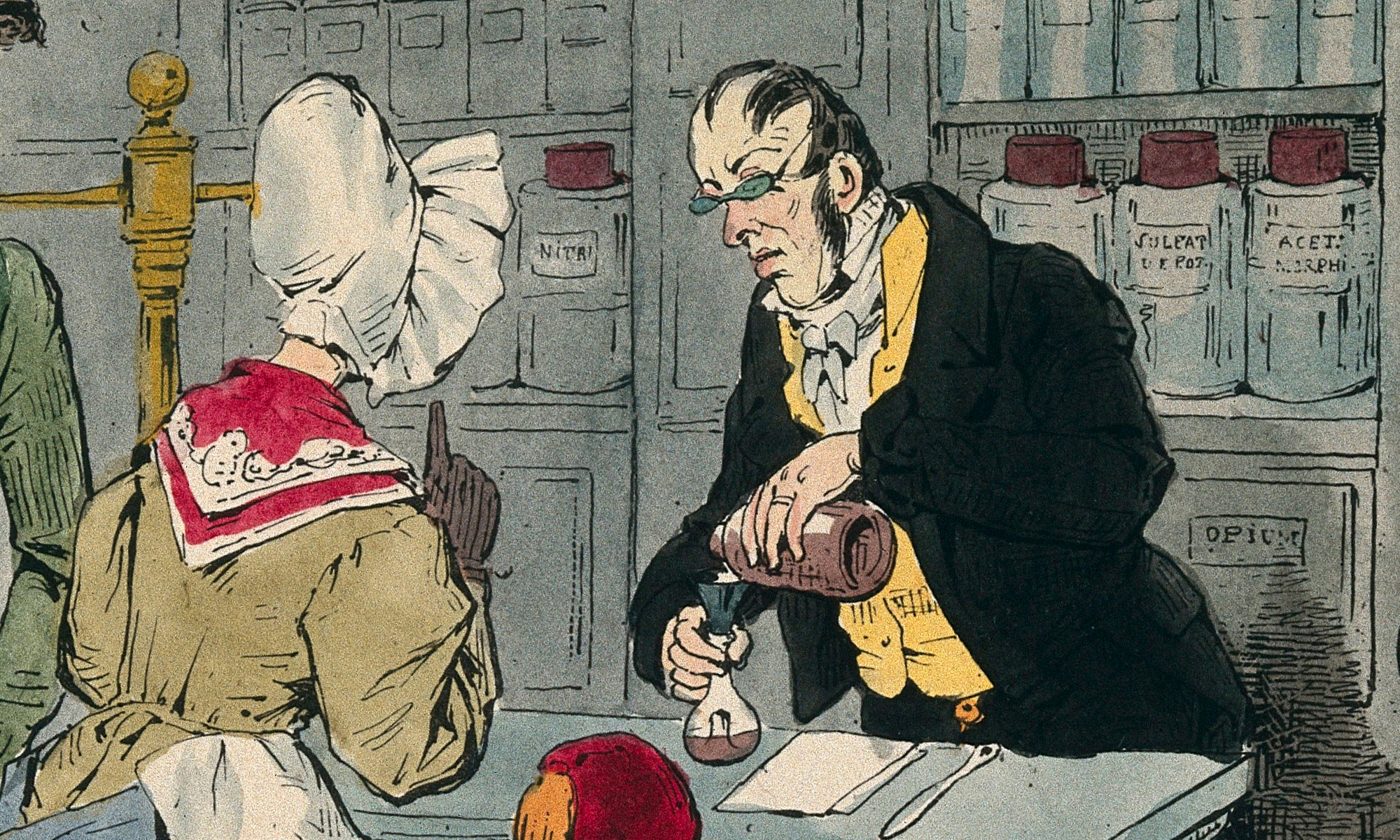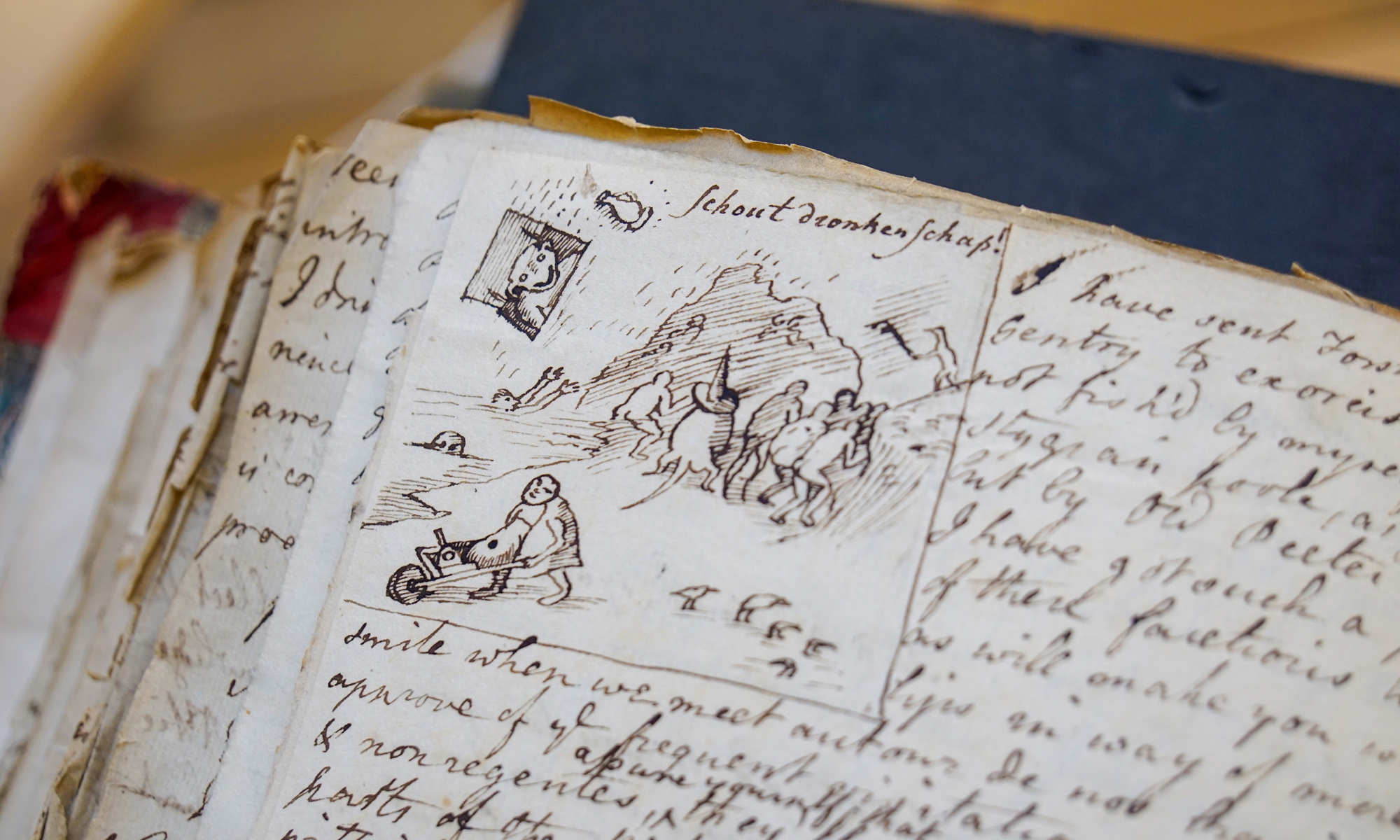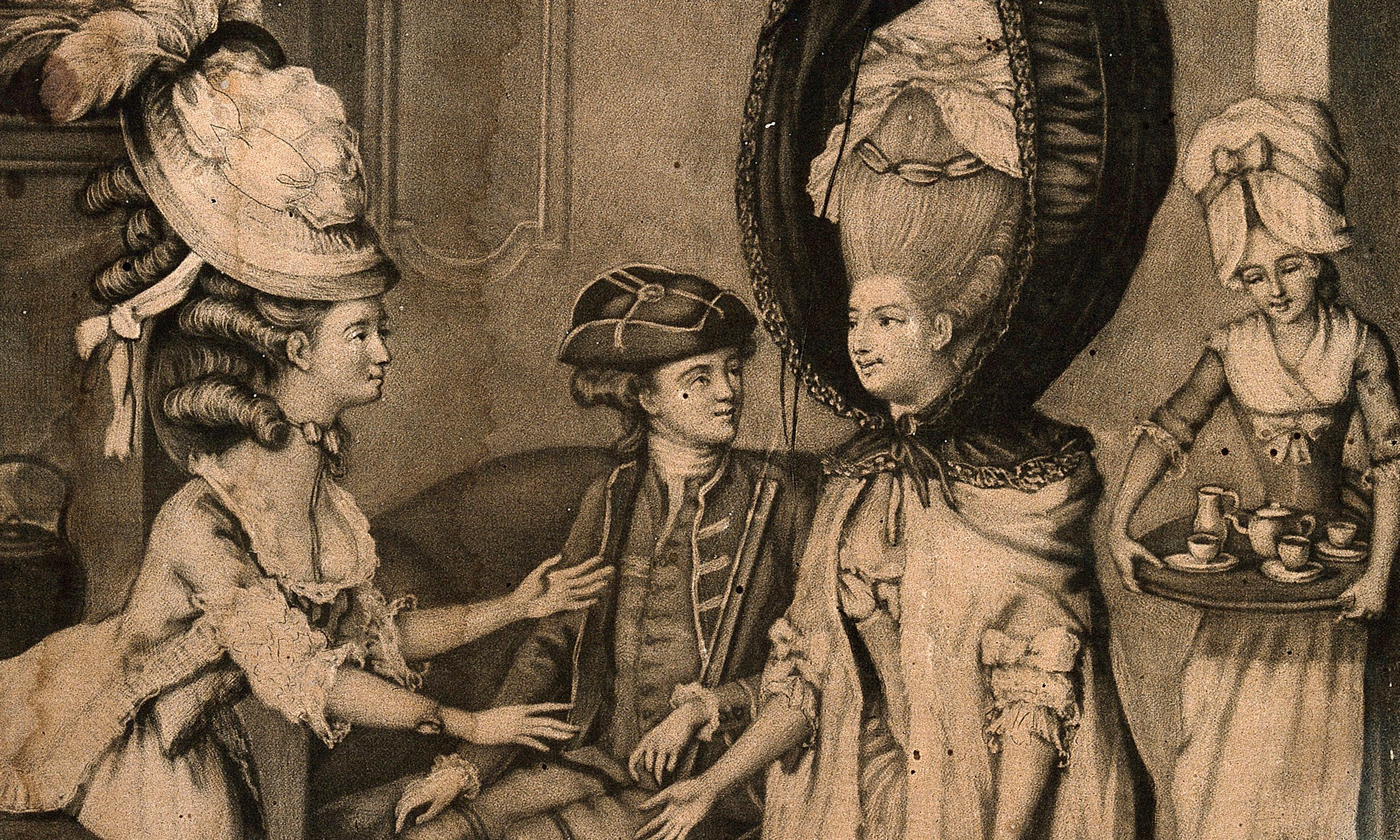One of the key sources we’re using to reconstruct the intoxicating spaces of our four case study cities are the so-called ego documents that proliferated across our period: diaries, letters, memoirs, and travel accounts. Some of the UK’s best manuscript holdings of these sources can be found at the Bodleian Libraries in Oxford, so last week saw me on a train to the crisp and autumnal dreaming spires to work through a selection. Ensconced in the wonderful Weston Library, I started with London diaries – including that of a country parson from Oxfordshire who seems to have spent most of his time in the capital purchasing different varieties of tea from Twinings – and, having finished those, turned my attention to their excellent collection of seventeenth-, eighteenth-, and nineteenth-century correspondence. This consists of c.50,000 letters, all abstract-searchable within Early Modern Letters Online, an incredibly useful resource created by the Cultures of Knowledge project.
Tea, Tax, and Smuggling: What Made Britain a Tea Drinking Nation?
1784 and the European tea market was in upheaval. The most lucrative part of the continental East India trade had suddenly been undermined by a radical tax reform in Britain, the so-called Commutation Act of 1784. For decades, East India companies based in France, Scandinavia, and the Low Countries brought a vast amount of tea to Europe. The tea was sold to smugglers who supplied the black market in Britain, where tea was taxed heavily, often well over 100 percent. According to some estimates in the mid-eighteenth century, more than three-quarters of all tea consumed in Britain entered the country as contraband!
Continue reading “Tea, Tax, and Smuggling: What Made Britain a Tea Drinking Nation?”


